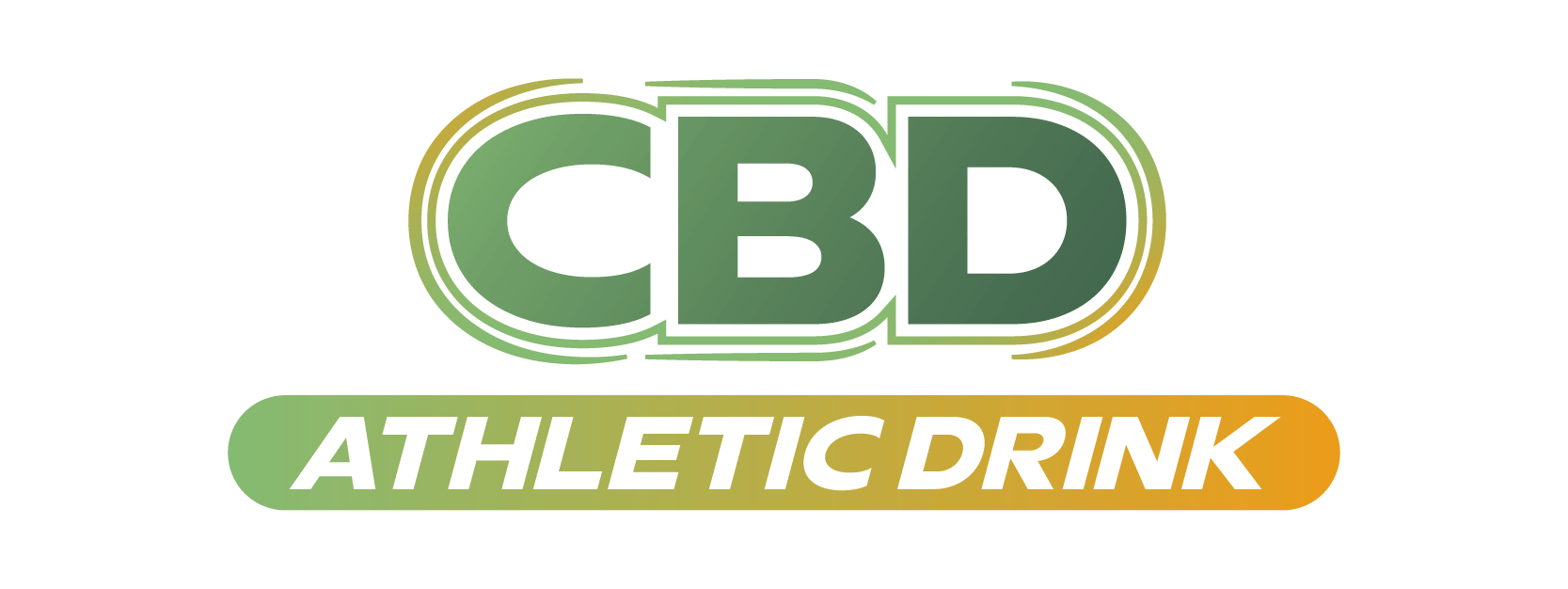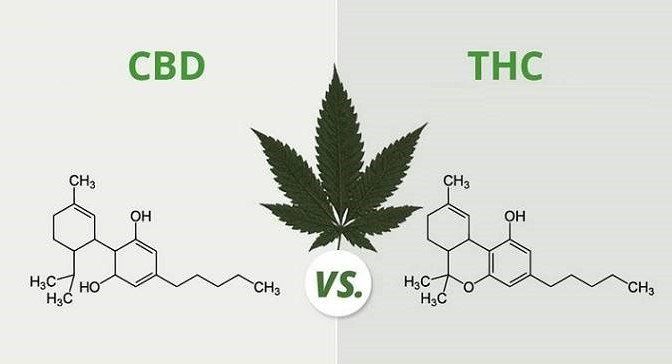A Winning Partnership in Motion
The sports drink world is shifting fast. As wellness and performance collide, CBD-infused beverages have become the latest frontier—promising hydration, focus, and recovery in one bottle. Naturally, brands are teaming up with athletes to boost credibility and reach health-minded consumers.
Co-branding can transform a niche product into a mainstream hit. But in the CBD space, it’s not as simple as signing an endorsement deal—there are tight rules, reputational risks, and compliance hurdles to navigate.
Where Opportunity Lies
1. Athlete trust sells wellness
Athletes symbolize balance, recovery, and drive—all qualities that mirror what CBD drinks claim to offer. A co-branded beverage backed by a respected athlete signals legitimacy, making consumers more likely to believe in its benefits and safety.
2. Sports fans are warming up
Public sentiment toward CBD has improved dramatically. Surveys show that over half of U.S. sports fans now view CBD sponsorships positively. That opens the door for athlete-driven collaborations that feel aspirational, not controversial.
3. Standing out through innovation
In a crowded hydration market, adding hemp-derived CBD offers functional benefits like calm focus and post-workout recovery. Co-branding with an athlete gives a brand a lifestyle story that extends beyond the shelf.
4. Authentic storytelling potential
When an athlete genuinely uses the product, co-branding becomes more than marketing. Personal stories—like injury recovery or mental reset routines—add emotional depth and authenticity to the brand’s message.
The Regulatory Challenges
1. Anti-doping compliance
The World Anti-Doping Agency may have removed CBD from its banned list, but THC is still prohibited. Contamination risks remain, meaning athletes must only endorse products backed by third-party lab testing and certifications such as NSF Certified for Sport.
2. The FDA’s gray area
Even though hemp-derived CBD is federally legal (under 0.3% THC), the FDA has yet to formally approve it for beverages. This leaves brands in a tricky spot—able to sell, but limited in how they can label or market their drinks.
3. League and sponsorship limits
Professional leagues tread cautiously. MLB became the first to allow a CBD sponsor—but only after rigorous testing requirements. Many leagues still restrict CBD advertising in stadiums or broadcasts.
4. Marketing and message control
CBD recovery claims are under close scrutiny. Both brands and athletes must avoid making unproven medical or performance claims. Wellness, hydration, and relaxation are safe lanes; “performance enhancement” isn’t.
How to Win the Co-Branding Game
- Verify purity: Use independent lab testing to ensure no THC contamination.
- Focus on wellness: Frame the drink as a recovery and balance aid—not a performance booster.
- Partner with authenticity: Choose athletes who genuinely align with the product’s purpose.
- Stay legally nimble: Adapt campaigns to state-specific marketing laws.
- Lead with stories, not claims: Real experiences resonate more than scientific promises.
Final Thought
Co-branding with athletes gives CBD sports drinks an authentic, influential edge in a booming wellness market. But success depends on compliance, credibility, and consistency. The brands that play by the rules—and tell real, human stories—will win both consumer trust and long-term staying power.

